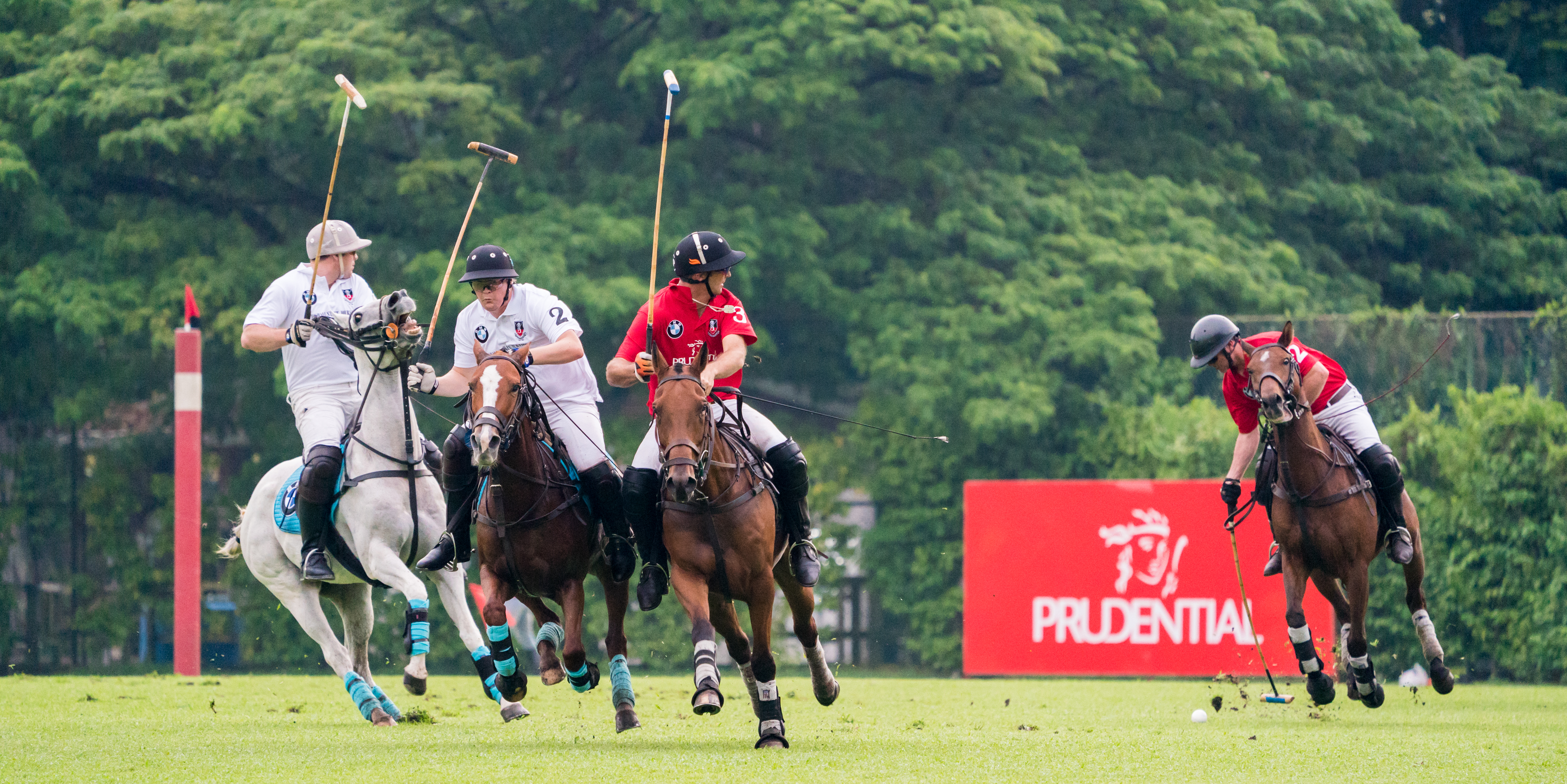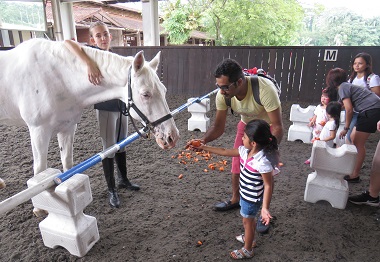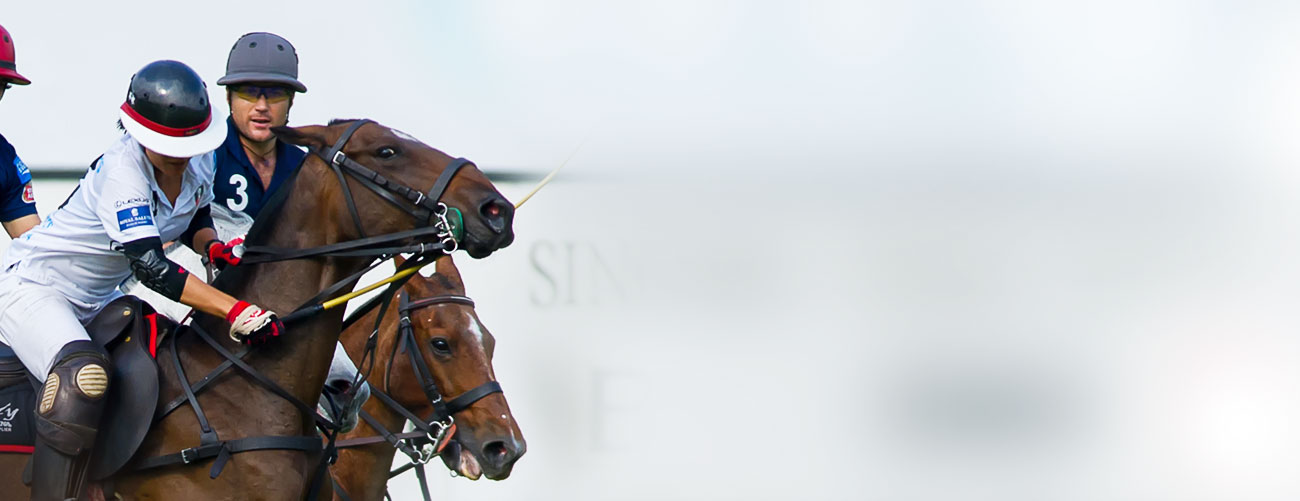Speed, stamina, precision and a glorious tradition. This defines the game of polo. Originating over two and a half thousand years ago on the steppes of Central Asia, polo began humbly with goal posts that were sometimes miles apart and the game continued until one team could field no more combatants. Polo fields throughout the ages served as harsh training grounds for cavalry units.
Such glorious spectacles drew crowds of spectators as well as non-military players into the sport and polo as we know it today became established around the globe. Polo played today is more formalised but it is still no less demanding of horse and player.
History of Polo
Romance, adventure, history. There is absolutely no denying that even in the present day, polo conjures up imagery that is linked to all three and more. It is the game of Kings and rightly so. From the early ages of the Book of Kings up to modern day England, our histories are rich with tales of plunder and pursuit with many a defining battle fought with Emperors or Generals on horseback. The same riders always found time to relax or play the sport. All across Asia Minor, China and the Indian sub-continent, this use of calvary swept across civilisations and strange lands, changing the fate of peoples and their history. Legend has it that to this day, somewhere along the famous Silk Route in Central Asia, lies a stone tablet beside a polo ground with the inscription:
Let others play at what they will. The King of Games is still the game of Kings.
The Game of Kings
Renowned ninth century poet of Ancient Persia, Firdausi puts it best in his numerous accounts of heroism and poetry in the epic Shahnameh, where he romanticises a match between Turanian forces and Syavoushi followers. The poet is elegant in his praise of Syavoush's skills on the polo field. Firdausi also tells of Shahpour a Sassanid king of the 4th Century AD, who learnt to play polo at seven years of age.
The 9th century Persian historian, Dinvari, describes polo and its general rules and gives some instructions to players including advice such as 'polo requires a great deal of exercise', 'if the polo stick breaks during a game it is a sign of insufficiency' and 'a player should strictly avoid using strong language and should be patient and temperate' – maxims apposite perhaps even today! The 10th century Persian king Qabus also set down some general rules of polo and especially mentions the risks and dangers of the game.












